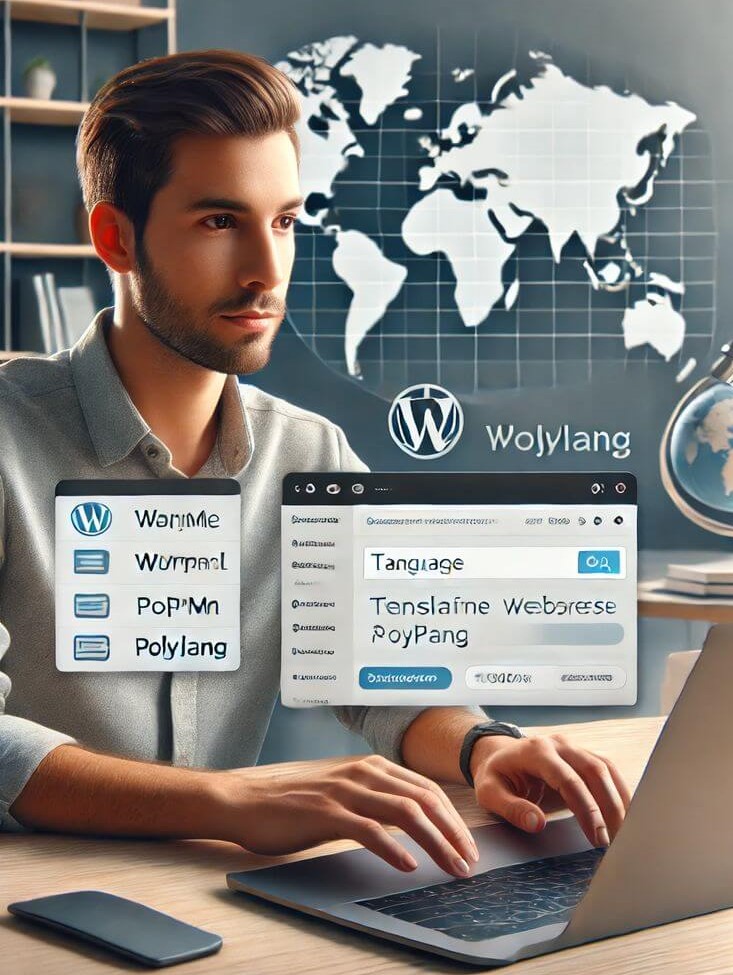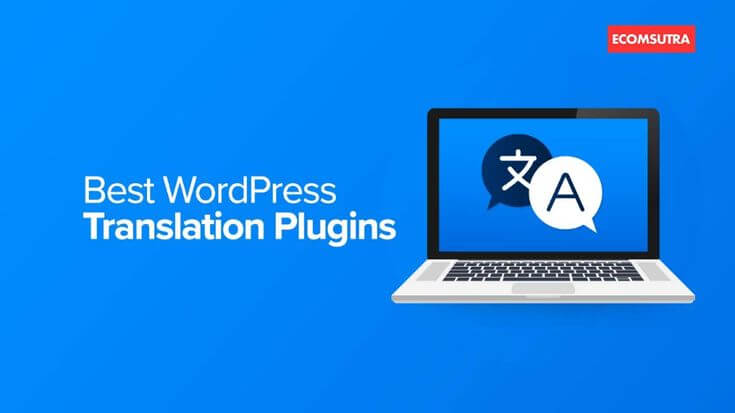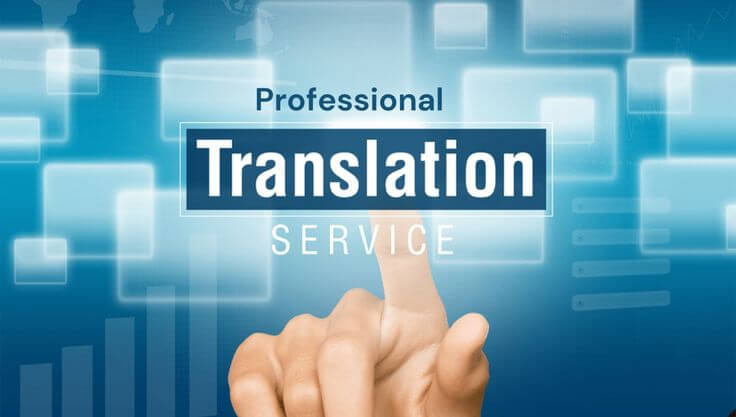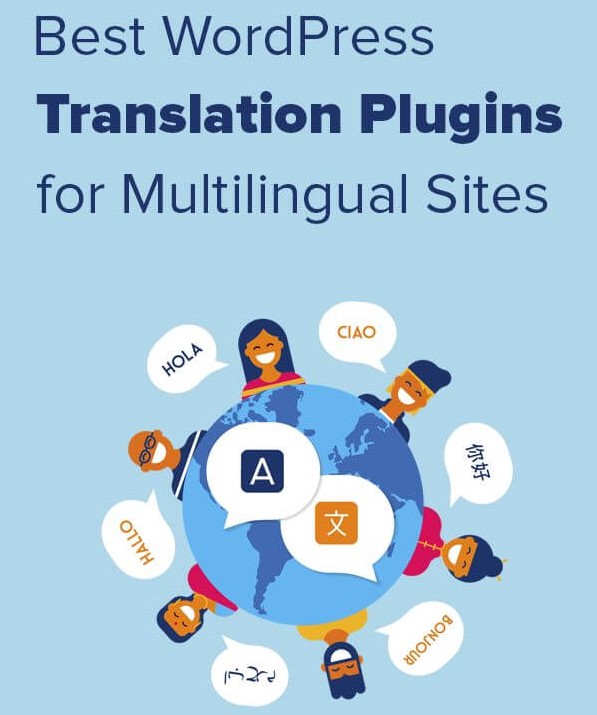Home » Service » WordPress Development Services » WordPress Multilingual Websites Service
WordPress Multilingual Websites Service
Our services go beyond simple translation, we ensure your website is culturally sensitive and SEO-optimized for each language, maximizing your online presence and driving conversions.
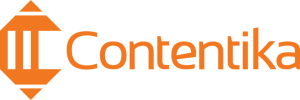





Why Us?
Break down language barriers and open your doors to a global audience with our expert WordPress multilingual website services.
01.
Seamless Multilingual Experience: We create user-friendly websites that automatically display content in the visitor's preferred language. This ensures a smooth experience that keeps them engaged.
02.
Boost Your SEO: Reach new markets and improve your search engine ranking with multilingual SEO optimization. We'll localize your content for each language, targeting relevant keywords to attract international traffic.
03.
Increased Conversions: A website in a user's native language builds trust and increases the likelihood of conversion. We'll craft compelling content that resonates with international audiences, driving more sales and leads.
04.
WordPress Expertise: Leveraging the power and flexibility of WordPress, we'll create multilingual websites that are easy for YOU to manage and update, even if you need to be tech-savvy.
05.
Professional Translations: We offer integration with professional translation services, ensuring your content is accurate, culturally relevant, and error-free.
06.
Cost-Effective Solutions: We offer competitive pricing plans to fit your needs so you can expand your reach without breaking the bank.






The Spinah Advantage
Expand your reach and speak to the world. At Spinah, we understand the power of multilingual websites
Seamless Planning
We begin by collaborating with you to understand your target markets, content needs, and website goals. We'll identify the languages you need and discuss the best approach for your unique situation.
Expert Setup & Configuration
Our WordPress specialists will configure your website for multilingual functionality. Whether you prefer a plugin solution or a multisite setup, we'll ensure a smooth and efficient process.
Content Strategy & Translation
We'll help you develop a content strategy that resonates with your global audience. Our network of professional translators who are native speakers of their target languages will ensure your content is culturally accurate and engaging.
SEO Optimization
Multilingual websites require specialized SEO strategies. Our team optimizes your content for search engines in each target language, maximizing global visibility.
User-Friendly Experience
We prioritize user experience. Your website will be easy to navigate, with a clear language switcher allowing visitors to switch between languages seamlessly.
A/B Testing Optimization
Ongoing Support: Our commitment doesn't end at launch. We provide continuing support to ensure your website stays updated and functions flawlessly across all languages.
Break Down Language Barriers, Reach a Global Audience
The internet offers a world of opportunity, but language barriers can hold you back. Make sure to connect with a global audience. Our WordPress Multilingual Websites Service empowers you to unlock new markets and achieve your business goals on a larger scale.
What Are WordPress Multilingual Websites?
Definition
WordPress websites aren’t inherently multilingual, but with the help of plugins or custom development, they can be transformed into powerful tools for reaching a global audience.
A WordPress multilingual website offers your content in multiple languages, allowing visitors to see your site in their native tongue. This can be done through automatic detection based on the user’s location or by providing a language switcher so they can choose their preference.
With a multilingual website, you can expand your reach beyond geographical borders, connect with new customers, and establish yourself as a brand with international appeal.
Why Multilingual Websites Are Important
Multilingual websites have become crucial for businesses and organizations seeking to thrive globally. Here are the compelling reasons to embrace multilingual websites:
Reach a Global Audience
The internet breaks down geographical barriers, and multilingual websites act as a bridge to a vast pool of potential customers who couldn’t access your content otherwise. By offering your message in their native language, you eliminate a significant barrier to entry and unlock the doors to new markets brimming with opportunities.
Increased Engagement and Trust
People are naturally drawn to content they can understand fully. A website presented in their native language fosters trust and builds a positive user experience. Visitors are likelier to spend time on your site, delve deeper into your offerings, and ultimately convert into paying customers.
Boost SEO and Brand Awareness
Multilingual websites empower you to target relevant keywords in different languages. This strategic approach improves your search engine ranking in international markets, increasing brand visibility and organic traffic driven to your site.
Enhanced Credibility and Authority
A website catering to multiple languages showcases your commitment to a global audience. It portrays your brand as professional, established, and dedicated to providing an inclusive experience, ultimately fostering a favorable and trustworthy brand image.
Stay Ahead of the Competition
Multilingual websites are no longer a differentiator but a necessity. By embracing multilingualism, you demonstrate a forward-thinking approach and position yourself as a leader in your industry, surpassing competitors confined to a single language.
Embrace Cultural Nuances
A well-crafted multilingual website goes beyond simple translation. It considers cultural nuances and adapts content to resonate with specific audiences. This demonstrates respect and understanding, fostering deeper connections with international customers.
SEO Best Practices for Multilingual Websites
To truly thrive in the global marketplace, you must optimize your multilingual website for search engines. Here are SEO best practices to ensure your website reaches new heights in international searches:
Don’t rely on simply translating keywords from your primary language. Conduct in-depth keyword research for each target language. Identify relevant keywords with search volume that resonate with your international audience.
Choose a clear and consistent URL structure for your multilingual website. Popular options include subdirectories (e.g., /en/ for English, /fr/ for French). Ensure each URL structure is SEO-friendly and reflects the targeted language.
Hreflang tags are like tiny flags on your website that tell search engines which language variation corresponds to which geographical location. Proper implementation of hreflang tags ensures search engines deliver your website’s most relevant language version to users based on location.
Optimize your meta descriptions and title tags for each language. Include relevant keywords and craft compelling descriptions that entice users to click on your website in search results. Remember, these descriptions are often the first impression users get, so make them count!
Make sure to settle for machine translations. Invest in high-quality, human translations that are localized for each target audience. Consider cultural nuances, colloquialisms, and search intent when adapting your content for different languages.
Internal linking is a cornerstone of good SEO. Build a solid internal linking structure within your multilingual website. Link to relevant content across different languages, ensuring a smooth user experience and helping search engines understand the relationship between your web pages
Company
Services
- WordPress Development
- WordPress Design
- WordPress Optimization
- WordPress Consulting
- WordPress Support

Copyright 2025 Spinah All Rights Reserved

